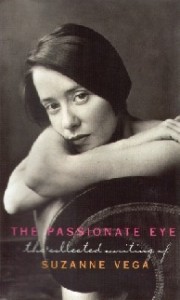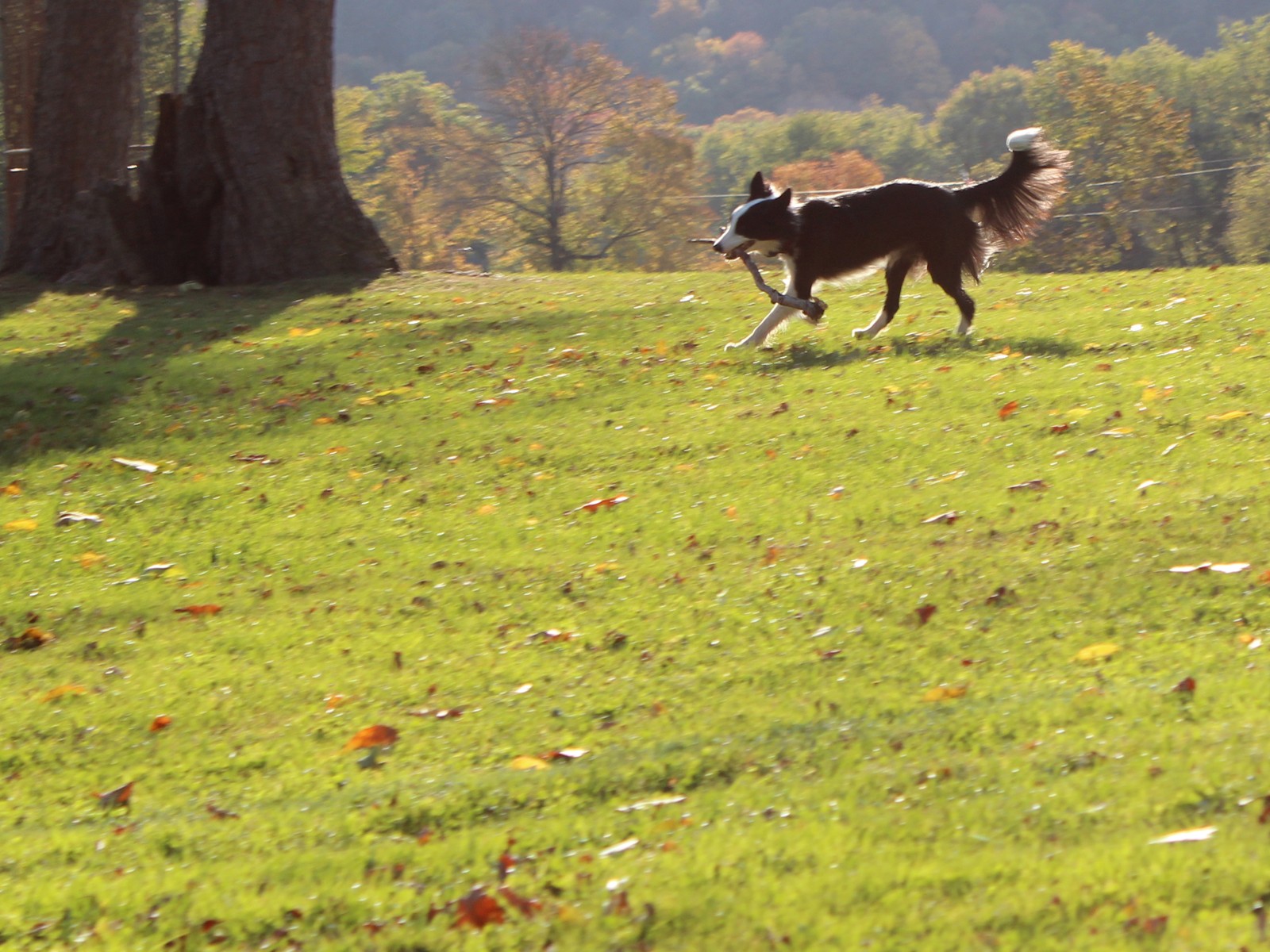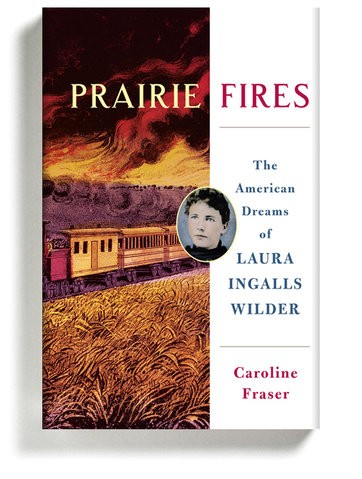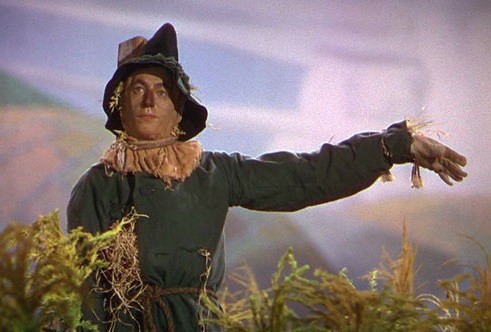The Passionate Eye
 The Passionate Eye: The Collected Writing of Suzanne Vega compiles poems, song lyrics, essays and stories written by this musician who’s been called “The minimalist poet of popular music.” There’s also a lengthy transcription of an interview with Leonard Cohen. I really liked Vega’s first album (as Ruth recently reminded me), but I didn’t know much about her or her music beyond that. This book provided an intriguing glimpse.
The Passionate Eye: The Collected Writing of Suzanne Vega compiles poems, song lyrics, essays and stories written by this musician who’s been called “The minimalist poet of popular music.” There’s also a lengthy transcription of an interview with Leonard Cohen. I really liked Vega’s first album (as Ruth recently reminded me), but I didn’t know much about her or her music beyond that. This book provided an intriguing glimpse.
One of the things I like about the book is that it includes poems written when she was a child — as early as age 9. They’re included because they eventually flower into her more mature songwriting and poetry. One leaves this book with the unmistakable sense that her art is totally authentic, growing from very deep roots.
I’m more receptive to her sensibility in musical form. For one thing, song lyrics don’t always work well as poetry. Also, in writing, the darker aspects pulled me down a bit as I read, and I found myself throwing up defenses. In music, it feels more okay to let myself contemplate some of the content… It makes me wonder how many books I’ve put down because I didn’t like them, which in a different form would have engaged and enlightened me.
Why would I value a book that disturbs? For one thing, Vega writes about real things, as she summarizes her themes in the introduction: “solitude, childhood, urban life, inner fantasy worlds, romance, violence, the mysteries of gender and appearances and glamour, the difficulties of communicating, and about faith and hope.” The “passionate eye” of the title is level and unflinching, uninterested in putting itself up for sale in the kind of emotional promiscuity sometimes mistaken for “realness.” There’s obviously a compassionate, observant consciousness behind these songs, but not one that looks out at the world and sees only itself.
This reserve is one of the subjects taken up in the interview that comprises the middle section of the book. “How much pain do you go through to present this extremely attractive, modest, and refined appearance?” Cohen asks her. “I think I’ve experienced a fair amount of pain in my life,” replies Vega, “but I don’t feel that that’s a part of the show really… I take parts of it and make things out of it. And mix it with other things that I know and things that I see.” It’s a fascinating interview that encompasses artistic creation, analysis of lyrics, and the whole question of what an artist is or should be. Cohen concludes the interview calling Vega “one of the most delicate and refined and concealed creatures on the scene.” Interesting, isn’t it, that this is the conclusion he comes to after an interview that goes on for 34 pages.
I think this idea of restraint is what appealed to me most about Vega in her first album. Her song “The Queen and the Soldier” is about a soldier who quits fighting and confronts the queen about it, falling in love with her in the process. To find out his fate you’ll have to listen to the song :-) I wrote a short story elaborating on it for my creative writing class in college, attaching a copy of the lyrics when I handed the story in. “An allegory of war?” the teacher asked in the margin. It struck me as a flat way of understanding the song, which seemed to me to be more about people who only feel themselves intact if they preserve a certain “sacred distance,” sometimes at the cost of extreme loneliness. I felt my understanding of this song (and others) was confirmed in reading this book and learning more about this artist.
Such restraint can have tragic results, but for Suzanne Vega it seems to have resulted in the kind of self-knowledge that makes for eloquent art. I’d recommend The Passionate Eye to anyone curious about either Suzanne Vega, or the nature and purposes of art. It gives you lots to think about, though at the end of the day I agree with Vega’s warning in the intro that it’s a book to be read in small bites, not one to sit down and plow through.


